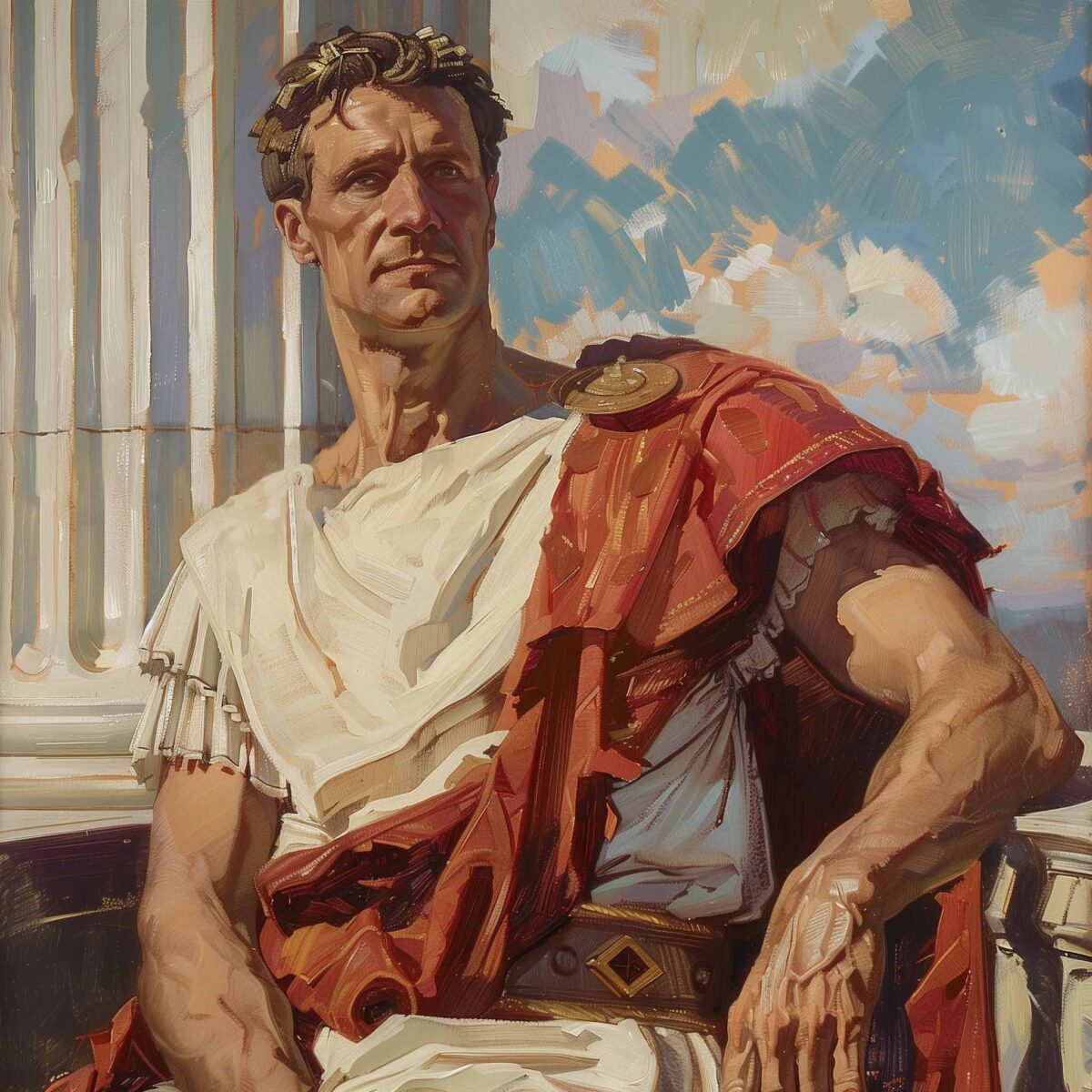Hi,
I hope you can answer a question for me. The reason Pompey, Cato, and the rest of the anti-Caesar senators left Italy was because they believed Caesar was bringing his whole army across the Rubicon. But when Julius Caesar decided to cross the Rubicon, he only brought one legion; why not his whole army?
Thanks,
John Fry
? ? ?
Dear Mr. Fry,
Yours is an interesting question on the face of it, but the answer is rather simple in both physical and psychological terms. Gaius Julius Caesar had eight legions in Gaul, but when he learned late on January 7, 49 BC, that the senatus consultum ultimum had branded him an outlaw, he only had Legio XIII with him in Ravenna; he had summoned Legari VIII and XII but they were on the march and still too far away. Legio XIII, with 5,000 legionaries and 300 cavalry, was not impressive in itself, but Caesar knew that he had widespread support among the under classes, or populares, of Rome, and he, like Napoléon Bonaparte after him, believed that a general was as dependent on luck as on strategic or tactical acumen—and convinced that, based on past achievements, fortuna was on his side. Therefore, on January 11 he and Legio XIII departed Ravenna and marched 25 miles down the Via Popillia to the Rubicon River separating Gaul from Italy. At about midnight he reportedly reflected a little longer on what he was about to do, then declared “Alea iaecta est,” (possibly its Greek equivalent, “Anerriphtho kubos”) and went with what he had, starting the Roman Civil War with one legion.
Sincerely,

Jon Guttman
Research Director
World History Group
More Questions at Ask Mr. History
Don’t miss the next Ask Mr. History question! To receive notification whenever any new item is published on HistoryNet, just scroll down the column on the right and sign up for our RSS feed.





